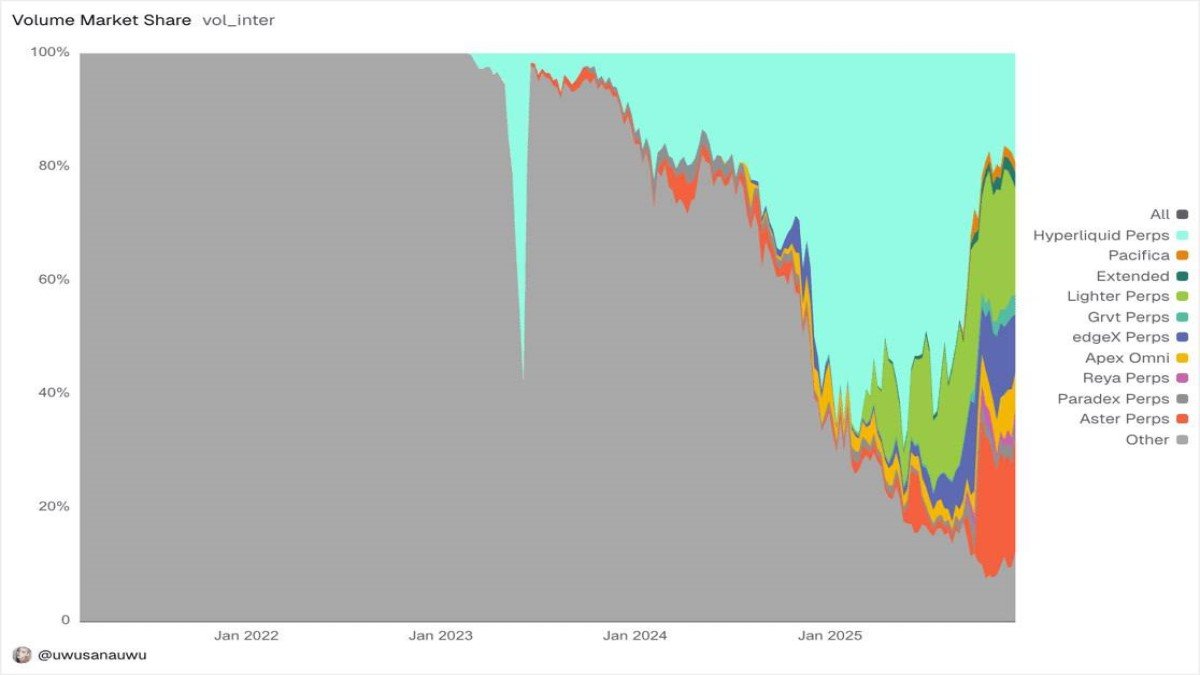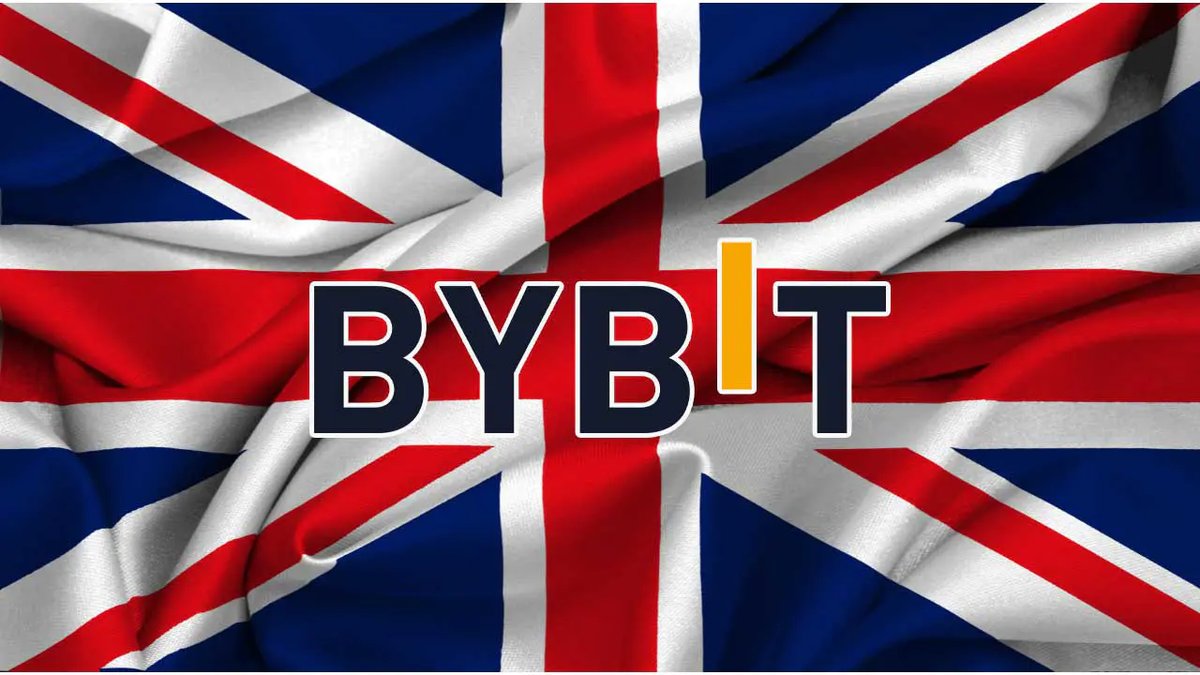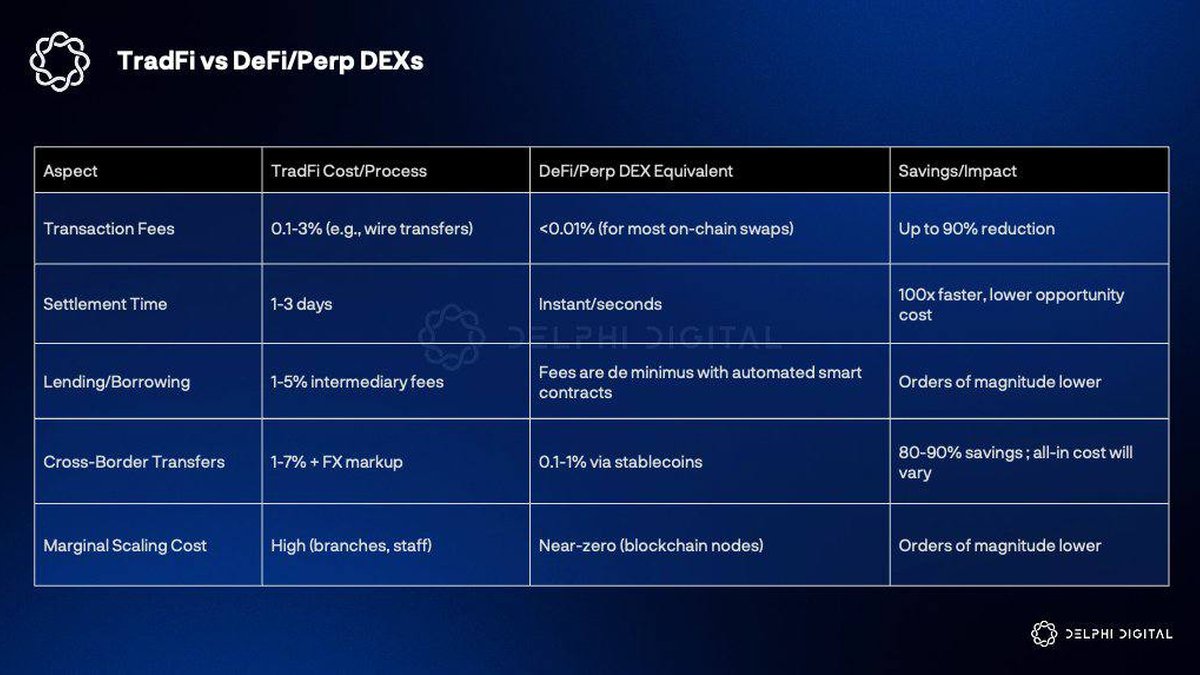Fidelity vs Robinhood: An In-Depth Comparison for Crypto Traders
As cryptocurrency trading becomes mainstream, investors are faced with choosing platforms that best meet their trading strategies, security expectations, and usability preferences. Fidelity and Robinhood stand out as two prominent options, each offering distinct advantages and limitations. This comprehensive comparison examines their features, risk management approaches, and long-term value propositions to help investors make informed decisions.
Platform Overview
Fidelity Crypto: Fidelity leverages its decades-long experience in traditional finance to provide a secure, regulated environment for cryptocurrency trading. It integrates advanced security protocols, regulatory compliance tools, and educational resources, appealing to both institutional and retail investors.
Robinhood Crypto: Robinhood is designed for accessibility and user-friendliness, targeting retail investors who prioritize ease of use and commission-free trading. While its interface is intuitive, its crypto offerings are more limited in terms of custody options and advanced trading functionalities.
Key Features and Capabilities
Security and Custody
Fidelity excels in security, employing cold storage for assets, multi-factor authentication, and insurance coverage for custodial holdings. Robinhood offers security measures suitable for retail users, including account protection and encryption, but lacks comprehensive cold storage for institutional-grade protection.
Trading Tools and Analytics
Fidelity provides sophisticated trading tools, real-time market data, and in-depth analytics, allowing investors to conduct technical analysis and portfolio tracking. Robinhood focuses on simplicity, offering basic charts and order types, which may suffice for casual traders but limits advanced strategies.
Fees and Costs
Robinhood is popular for commission-free trading but may incorporate spreads in execution prices. Fidelity offers competitive fees, especially for institutional clients, along with transparent reporting on transaction costs, lending itself to strategic long-term trading and compliance with regulatory standards.
Use Cases and Target Audience
Fidelity is ideal for investors seeking a secure, regulated environment for substantial portfolios, retirement accounts, or sophisticated trading strategies. Robinhood caters to entry-level traders seeking accessibility and simplicity without the overhead of comprehensive reporting or advanced custody solutions.
Advanced Use Cases
- Fidelity supports institutional-grade custody and DeFi interactions via partner integrations.
- Both platforms allow access to popular cryptocurrencies, but Fidelity offers a broader selection and advanced staking options.
- Robinhood is better suited for micro-investing and casual trading approaches.
Comparisons with Other Crypto Projects
Compared with dedicated crypto exchanges like Coinbase or Kraken, Fidelity and Robinhood offer unique value propositions. Fidelity emphasizes compliance, institutional support, and integrated traditional finance capabilities. Robinhood prioritizes user experience, fast onboarding, and zero-commission trading. Investors should weigh these differences based on portfolio size, trading frequency, and regulatory priorities.
Risks and Considerations
Investors must be aware of market volatility, liquidity limitations, and potential platform-specific risks. Fidelity’s regulatory adherence reduces counterparty risk, while Robinhood’s simplicity might expose casual investors to mispricing or limited functionality in high-volatility markets. Understanding these distinctions is critical for mitigating trading risks.
Investment Strategies and Outlook
Investors using Fidelity can implement long-term strategies, including dollar-cost averaging, staking, and tax-efficient portfolio management. Robinhood is more suited for short-term trading and entry-level exposure. Both platforms require awareness of market trends, asset volatility, and evolving regulations.
Further Reading and Resources
Guides | Crypto Tax | Crypto Exchanges
Frequently Asked Questions
What are the main differences between Fidelity and Robinhood for crypto trading? Fidelity emphasizes security, compliance, and advanced tools, while Robinhood focuses on accessibility and commission-free trading.
Which platform is better for institutional investors? Fidelity is better suited for institutional investors due to its robust custody, regulatory compliance, and analytical tools.
Can beginners use Fidelity? Yes, but beginners may find Robinhood easier for quick onboarding and simple trades.
Where can I learn more about crypto trading strategies? Explore guides, tax resources, and crypto exchanges information for deeper insights.







